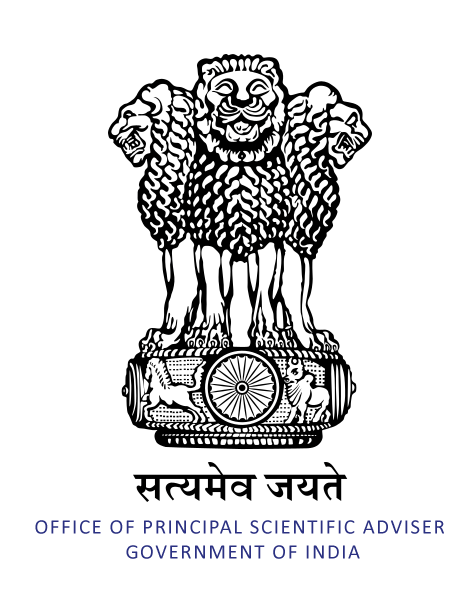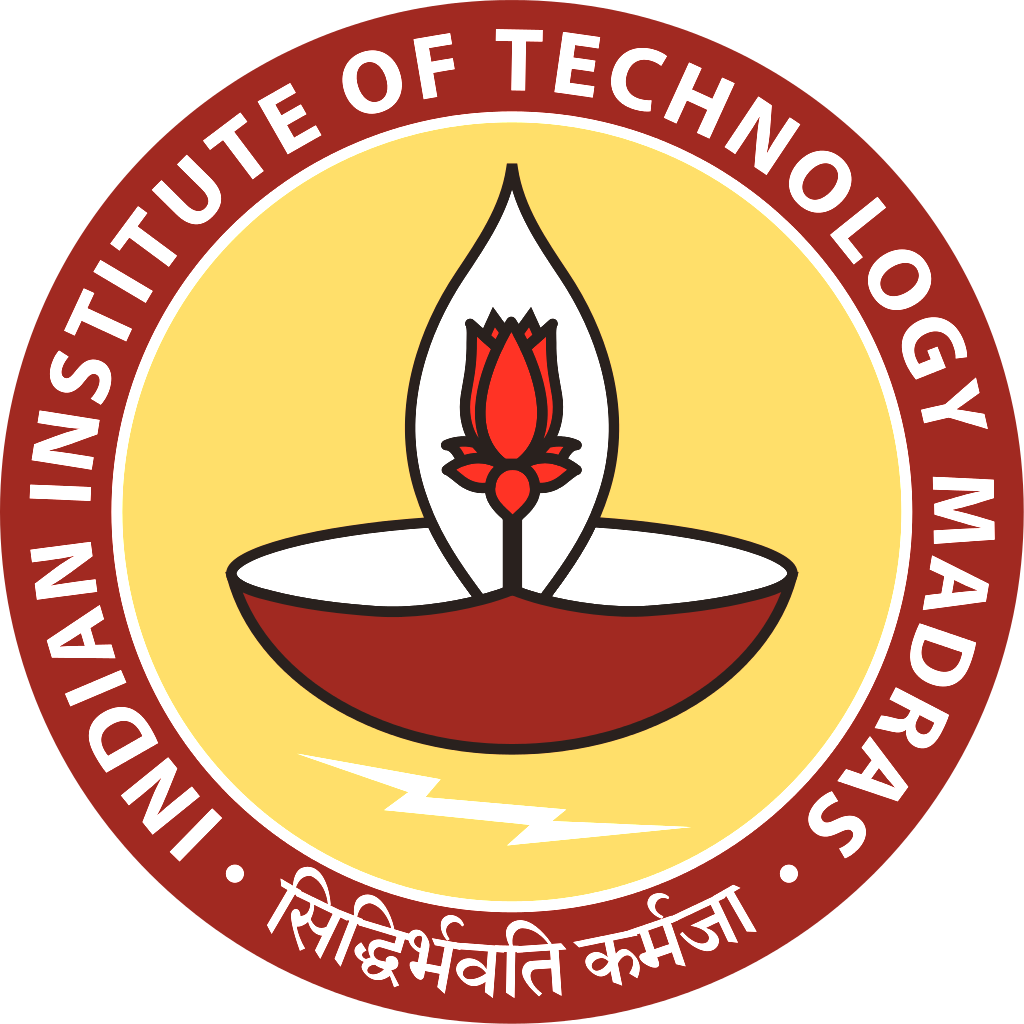"Continuity in Action: Sustaining Progress in Ongoing Projects"
Water and soil analysis: Creation of a twin of the digital village for environmental management.
Village :- Nallampatti panchayat town, Erode district, Tamil Nadu.
Village :- Nallampatti panchayat town, Erode district, Tamil Nadu.
Prof - T. Pradeep
Dept. of Chemistry
Automatic control of rural water supply schemes.
Village:-Padur and Paandeswaram in Tiruvallur district, Tamil Nadu.
Village:-Padur and Paandeswaram in Tiruvallur district, Tamil Nadu.
Prof -Sridharakumar Narasimhan
Dept of Chemical Engineering
Prof -Shankar Narasimhan
Dept of Chemical Engineering
Improvement in water, wastewater and solid waste management for a clean and healthy village.
Village:-Vallipuram in Chengalpattu district, Tamil Nadu.
Village:-Vallipuram in Chengalpattu district, Tamil Nadu.
Prof -Ligy Philip
Dept. of Civil Engineering
Prof -B.S. Murty
Dept. of Civil Engineering
Projects

- Creating economical technologies for greywater and wastewater treatment, recycling and reuse depending on the hydro-climatic, socio-economic and resident requirements
- Conducting large scale monitoring on qualitative parameters on water quality and on the complex water and wastewater infrastructure systems through IoT to ensure service delivery and protect public health
- Implementing methodologies for integrated planning of large scale but decentralized water and wastewater infrastructures
- Building technologies for treating effluents from water intensive industries such as the textile industry
- Working towards water reclamation and recovery of value added products
- Initiating sustainable water management practices in industrial sector
- Rejuvenating water bodies to benefit from their water ecosystem services
- Protecting water bodies through active stakeholder involvement
- Restoring local streams in the proposed innovation villages
- Creating Sustainable Drainage Systems (SuDS) for rural and peri-urban areas
- Managing aquifer recharge and rainwater harvesting as means of flood protection
- Identifying chronic problems encountered by micro-irrigation systems and finding economical solutions for these problems
(Example - clogging problems in drip irrigation)
- Providing guidelines on cropping pattern by studying location specific water balance, climatic and soil
- Ideating and implementing farm and community level rainwater management for agricultural purposes
- Preparing the Village/ Panchayat / Block level water maps
- Innovative funding for impactful and long term water projects
Parts Of Water Cycle

Outcomes
Expected Outcomes
Quantifiable goals set –
- For every project undertaken in a model village or town (innovation village)
- For addressing the industrial problems
- Fostering active engagement with the government and other organizations to push the agenda of sustainable water management
Expected Returns for Aqua MAP
- Firmly established Alumni Engagement Model
- Growth in knowledge and expertise in Aqua MAP personnel
- Collective competence in project implementation
- Capability to address the complex real-life problems through consortia approach
- Establishing credibility as an entity, which can deliver solutions having wide impact and application
- Creating a new body of knowledge with interdisciplinary research
- Nurturing improved relationships with governments and other key stakeholders
Expected Returns on a National Level
- Demonstrated model of success through collaborations with communities, industries, academia and technology professionals
- Constructing a database on management practices and technologies which could be deployed in other parts of the country
- Setting the global benchmarks in water security, water quality and sustainable water management
- Creating the potential for increasing economic activity, and employment generation
- Related benefits in the domains of health, education, poverty alleviation with commensurate economic gains
- Aiding India to fulfill its UN Sustainable Development Goals – Water and Sanitation (Goal 6)


